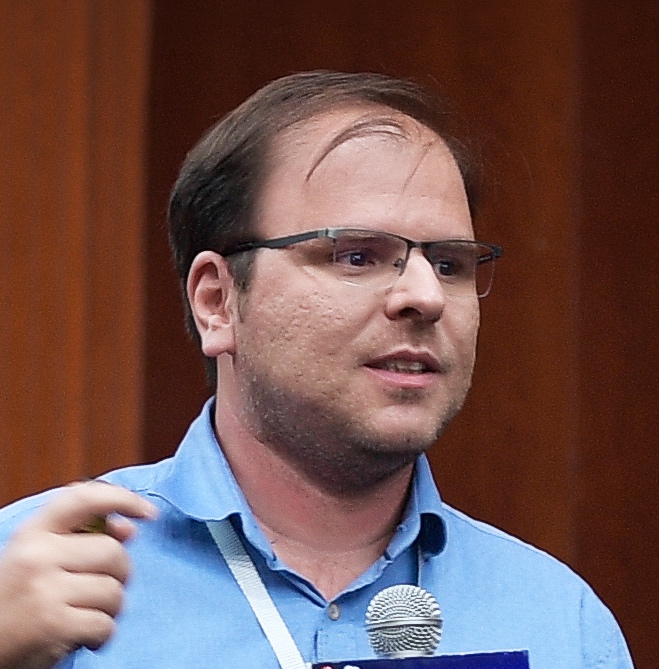Dahlia Malkhi, Research Lead at Calibra.
Abstract
At the core of cryptoeconomic systems like Libra is a mechanisms for 'agreeing' on a history of payment transactions. The journey to practical and robust solutions is accelerated by the drive to great inclusive financial services. This talk sheds light onto the efforts that led to the design of Libra's blockchain core and provides a glimpse on next steps.
Bio
An applied and foundational researcher in broad aspects of distributed systems technology. Currently, research lead at Calibra, advancing the Libra technology and co-inventor of HotStuff. Co-founder and technical lead of VMware blockchain. Co-inventor of Flexible Paxos, the technology behind Log Device. Creator and tech lead of CorfuDB, a database-less database driving VMware’s NSX-T distributed control plane. Co-inventor of FairPlay project. Joined Calibra in June 2019 as a research lead. In 2014, after the closing of the Microsoft Research Silicon Valley lab, co-founded VMware Research and became a Principal Researcher at VMware until June 2019. From 2004-2014, a principal researcher at Microsoft Research, Silicon Valley. From 1999-2007, a tenured associate professor at the Hebrew University of Jerusalem. From 1995-1999, a senior researcher at AT&T Labs, NJ.


